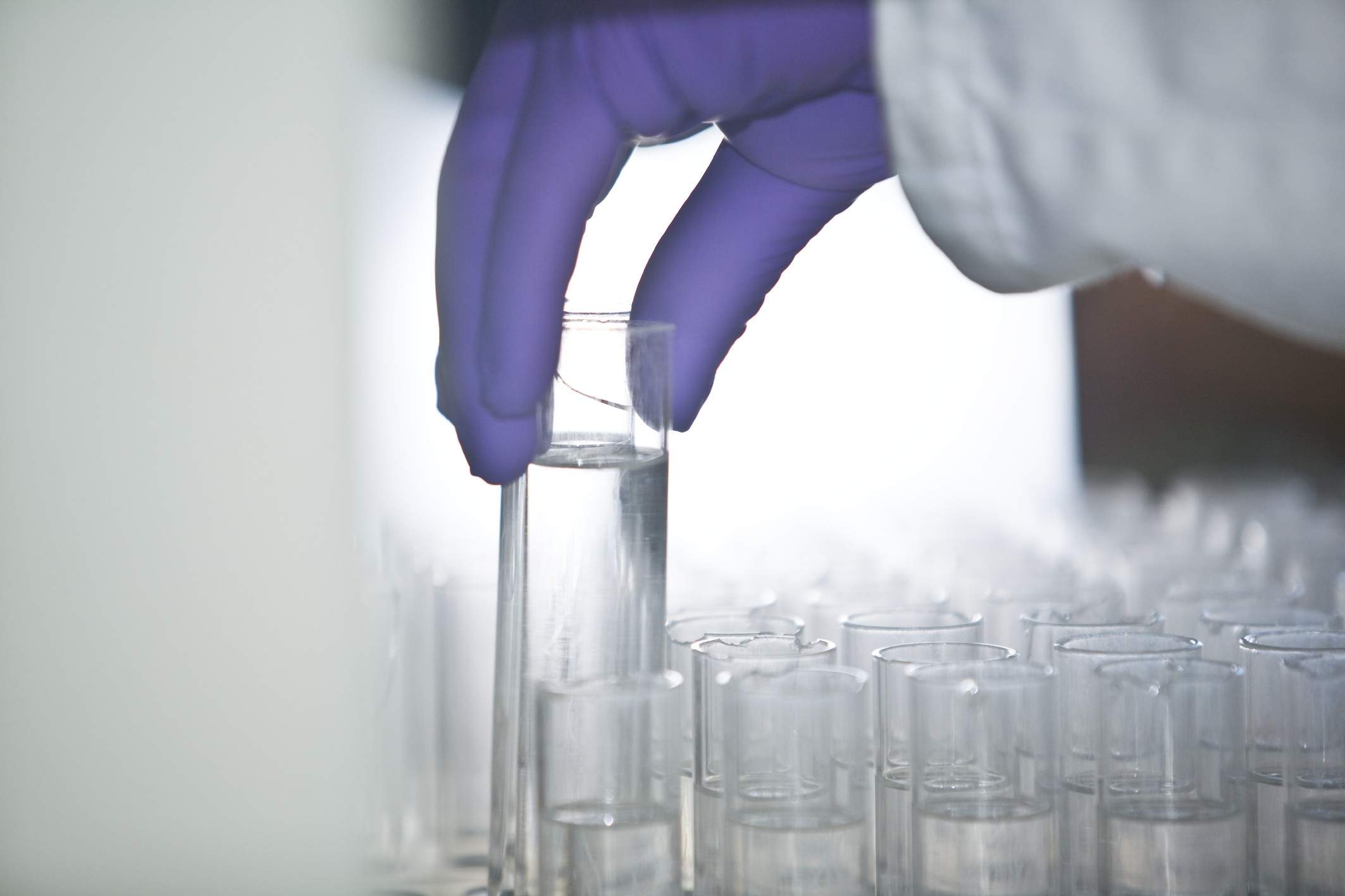The hemophilia drug market is currently undergoing major changes due to advances in recombinant protein engineering, as well as the introduction of gene therapy and novel strategies to target the coagulation cascade. On October 4, Roche announced the approval of Hemlibra (emicizumab-kxwh) for expanded use in the routine prophylaxis of bleeding episodes in patients with hemophilia A without factor VIII (FVIII) inhibitors. The drug was first approved in November 2017 for patients with FVIII inhibitors, which result in resistance or reduced efficacy to factor replacement therapy. The development of inhibitors occurs in up to 30% of severe hemophilia A patients and approximately 5% of patients with mild and moderate hemophilia A. Therefore, this approval substantially increases the number of eligible patients for Hemlibra across the hemophilia A market.
So far, Hemlibra has been headed for success, as it was granted Breakthrough Therapy Designation and Priority Review for patients with hemophilia A without FVIII inhibitors by the FDA early this year. This recent approval was based on positive results from the Phase III HAVEN 3 and HAVEN 4 studies in which Hemlibra prophylaxis led to a statistically significant and clinically meaningful reduction in treated bleeds compared to no prophylaxis, at 96% when administered once weekly and 97% when administered every two weeks.
Hemophilia A is an inherited deficiency in FVIII that results in both poor clotting following minor trauma and uncontrolled, spontaneous bleeding. Treatments for hemophilia A have long centred on prophylactic or on-demand intravenous infusions to replace the missing or deficient levels of FVIII, thus preventing or controlling bleeding episodes and long-term joint damage. Over the past few decades, the treatment landscape has shifted away from blood derivatives and is currently dominated by recombinant VIII (rFVIII) replacement factors. The majority of rFVIII replacement factors are short-acting. However, recent trends have seen the introduction of long-acting rFVIII therapies to extend the half-life of these factors and allow for less frequent dosing, such as Bioverativ’s Elocta/Eloctate (antihemophilic factor [recombinant]), Shire’s Adynovate (antihemophilic factor [recombinant], PEGylated), and CSL Behring’s Afstyla (antihemophilic factor [recombinant], single chain). However, to date, the uptake of long-acting rFVIII products has been slower than expected, largely because the limited extension in half-life does not coincide with a beneficial reduction in dosing frequency.
Although current treatments are effective, there is a significant unmet need for new therapies that can reduce the number of weekly prophylactic infusions and alleviate some of the treatment burden associated with intravenous administration. Hemlibra is currently the only hemophilia A treatment that can be self-administered subcutaneously either once weekly, every two weeks, or every four weeks. One of the major complications in hemophilia A treatment is the development of neutralising inhibitors against FVIII replacement therapy. Hemlibra is a bispecific antibody with an innovative mechanism of action that allows for the targeting of factor IXa and factor X to activate the natural coagulation cascade, addressing the unmet need for effective treatments for patients with inhibitors.
Potential Hemlibra competitors for patients with inhibitors, such as Bioverativ’s BS027125 and Shire’s NIBX-2101 bispecific antibodies, are still early in the development process. Furthermore, anti-tissue factor pathway inhibitors (TFPI) such as Pfizer’s marstacimab and GC Pharma’s MG-1113A are pipeline monoclonal antibodies, which will provide alternative targets in the hemophilia A landscape. However, Hemlibra is currently the only subcutaneous and non-factor replacement hemophilia A treatment marketed in the US; additionally, Hemlibra’s expanded use in patients without FVIII inhibitors is currently under review by the European Medicines Agency (EMA), and submissions to other regulatory authorities are ongoing. Hemlibra shows promise for the reduction of inhibitor risk development and the effective treatment of patients with factor VIII inhibitors. As such, GlobalData expects that Roche will become the hemophilia market leader in 2026, with global sales of $2.6bn.

US Tariffs are shifting - will you react or anticipate?
Don’t let policy changes catch you off guard. Stay proactive with real-time data and expert analysis.
By GlobalData



